often tell parents the story of the mom who wanted me to teach her two-year-old to play The Wheels on the Bus so he would like piano. I can see why she would want this, it was his favorite song!
The Wheels on the Bus is a favorite song for lots of kids with good reasons: it has a catchy tune with repeated patterns in it. It has actions. It has verses that change. It’s about a bus!! And it gets sung over and over and over. What’s not to love?
Teaching a two-year-old to play The Wheels on the Bus on the piano seems like a great idea, and in many ways it is. There are important ways, however, that doing this will get a child to HATE piano. A 2-year-old, however bright, possibly able to carry on amazing conversations, sing in tune, and even read a few words, is still a baby in many ways. Their fingers do not have bones in them, they aren’t very good at sitting still and taking instruction, their dexterity is just beginning to develop using the thumb and forefinger (in piano speak that’s fingers 1 and 2.) The Wheels on the Bus happens to be a song that begins on the fifth of the scale, which requires moving one hand around in specific ways, or using both hands in coordination, and using many fingers, which a 2-year-old is barely able to do at all. Trying to force a child to do all of these things when they just want to run around and play (their most important job) would be torture for everyone. Not a good plan for instilling a love of playing music. The Wheels would definitely come Off the Bus.
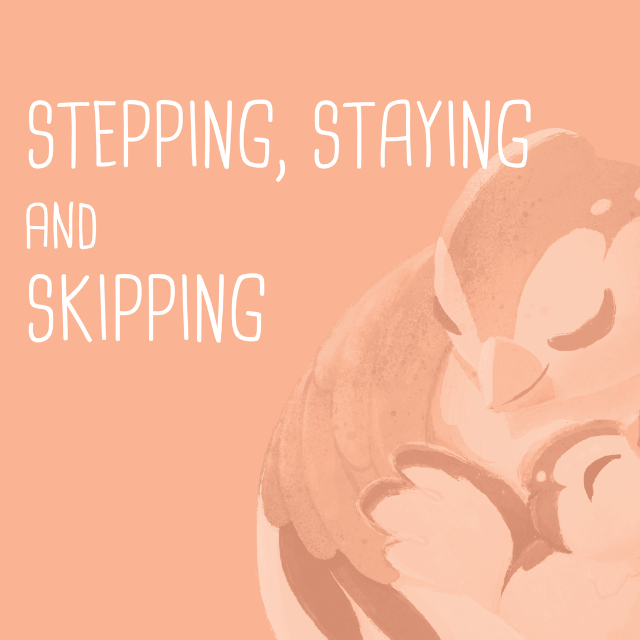
Instead, I’ve created lots and lots of fun little songs, beginning with the songs in the Stepping, Staying and Skipping book, that are closer to being attainable by a two- or three- or four-year-old.
These songs have catchy tunes. They have actions! You can play them in many keys, with variations! And you can play them on the piano in front of your child, and sing them while you play together, over and over and over!
Even then, some kids don’t actually play these songs until they’re five.
However, and whenever, your child’s development comes together to allow them to play the little 3-note songs, You can do the same things to help them be your child’s favorite, that you did to help them to love The Wheels on the Bus, or any other song they love: Exposure, and Play! Play these little songs on the piano yourself, and sing them often while you and your child are driving in the car, going for walks, and playing on the floor. If you don’t know how, I’m here to teach you. Use toys to play while you sing. Do actions. Sing the songs using different tempos, textures and dynamics. Make variations. Change the words. Do these things often, and most importantly, have fun!
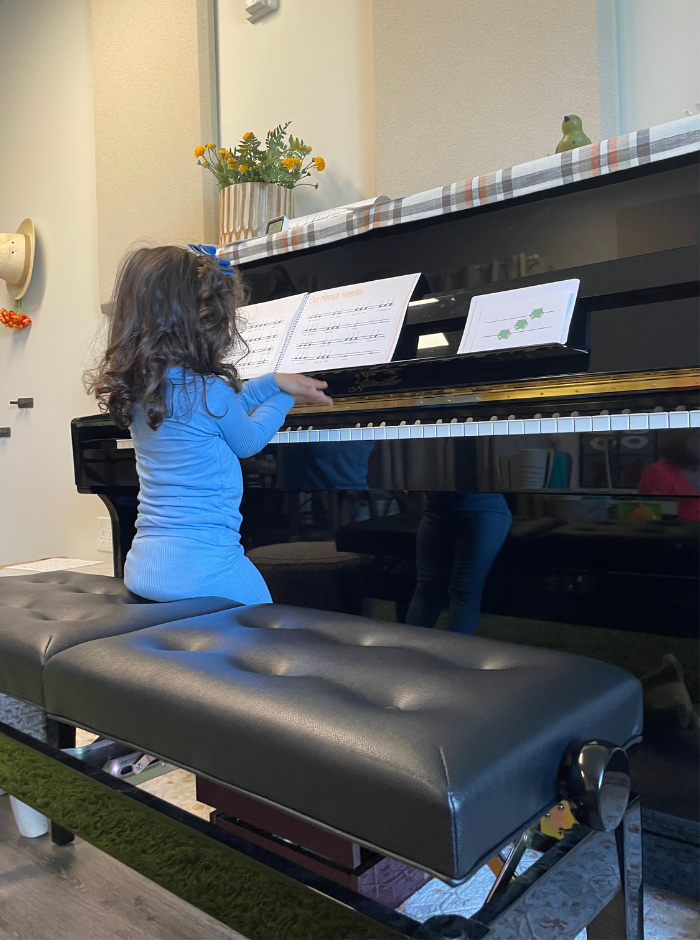
However, and whenever, your child’s development comes together to allow them to play the little 3-note songs, You can do the same things to help them be your child’s favorite, that you did to help them to love The Wheels on the Bus, or any other song they love: Exposure, and Play! Play these little songs on the piano yourself, and sing them often while you and your child are driving in the car, going for walks, and playing on the floor. If you don’t know how, I’m here to teach you. Use toys to play while you sing. Do actions. Sing the songs using different tempos, textures and dynamics. Make variations. Change the words. Do these things often, and most importantly, have fun!

When your child is ready to play specific songs, these will be their go-to, because they’re made for tiny hands. They’ll know that they can be played on the piano because they’ll have seen and heard you do it hundreds of times over the course of the next 2 to 3 years, and they’ll love them because it’s been part of their play, especially their play with you, their favorite grown-ups!
Kids feel so proud when they can actually play a song they’ve been hearing and dancing to for months or even a couple of years.
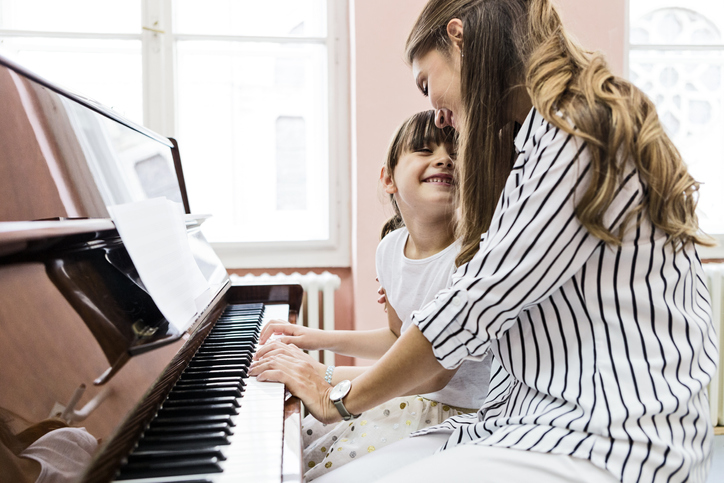
Teaching piano and music theory to your baby/toddler/preschooler is a long game. It’s worth the wait, because as your child develops, they’ll have an intuitive sense of up and down, long and short, how to listen and play what they hear, how to read sheet music, and how to transpose (play songs in many keys.) These kids also develop a strong sense of pitch and rhythm. All of these qualities are what young “gifted” children have when they show up at age 7 for traditional piano lessons. The best part is, your child is gifted by you and the loving time you spend with them, making the whole thing worth every single moment.
Stay tuned for more ways to instill a love of music, and understanding of music theory, into your little munchkin so that they have all the options when they’re older, and lots of fun memories with you!


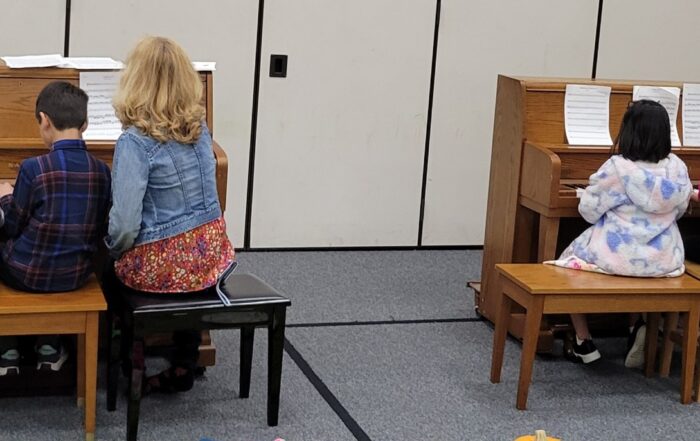
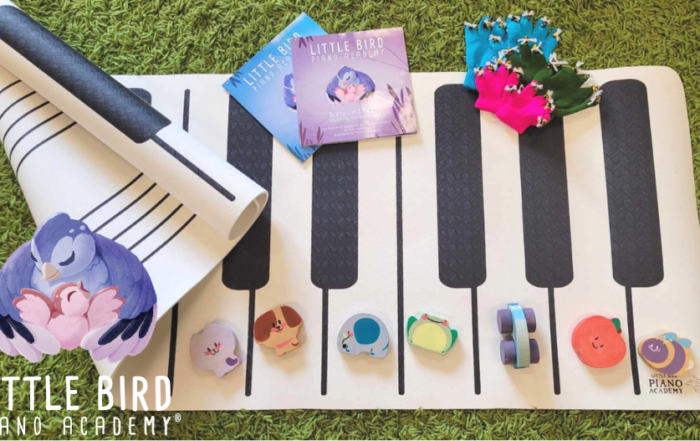
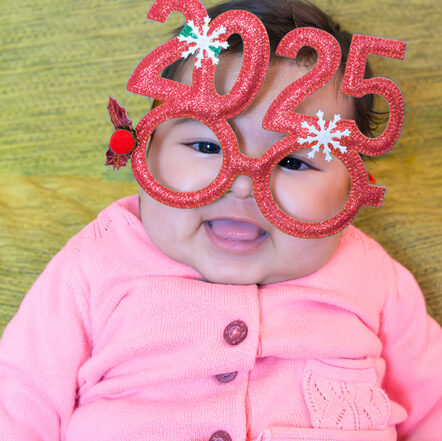
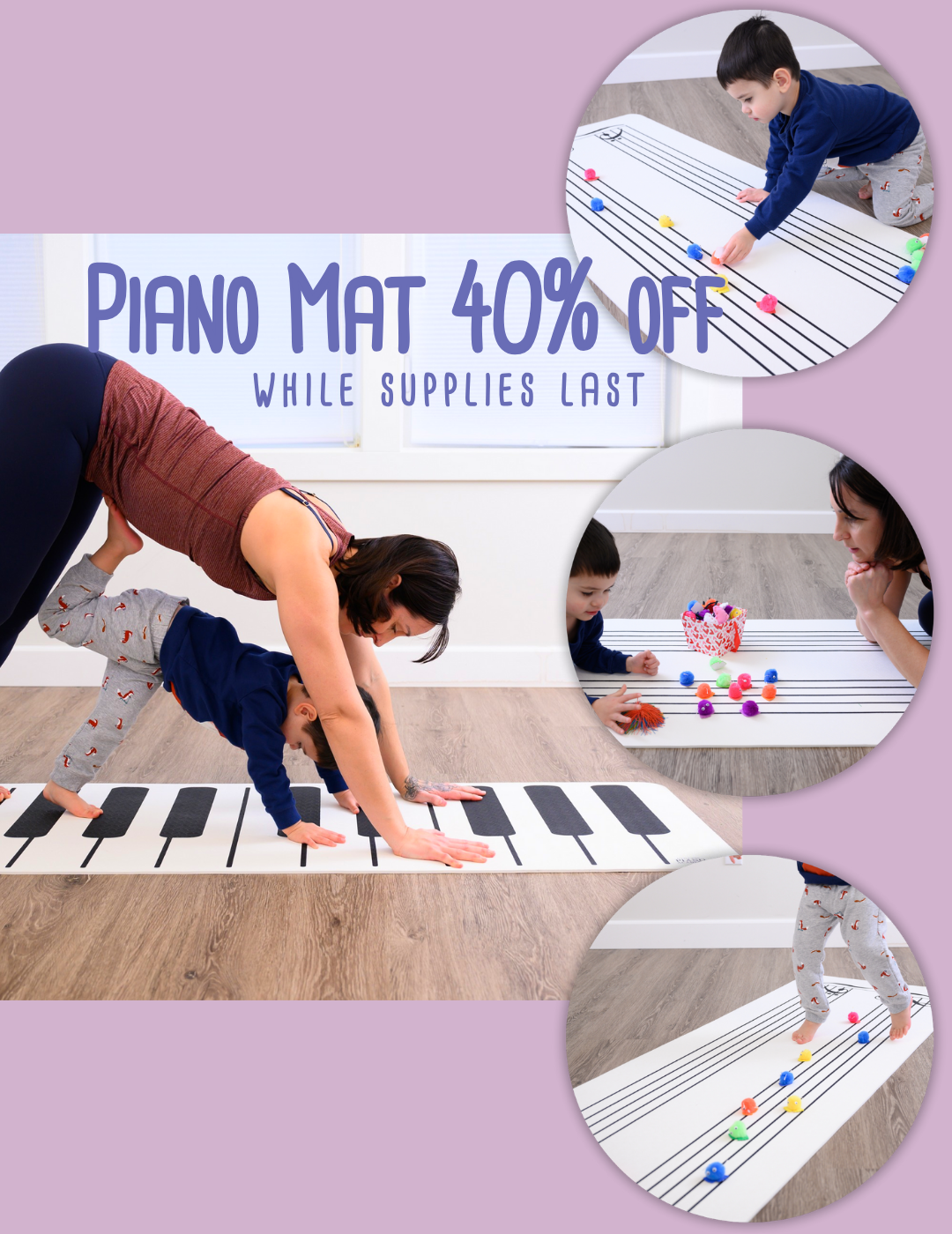
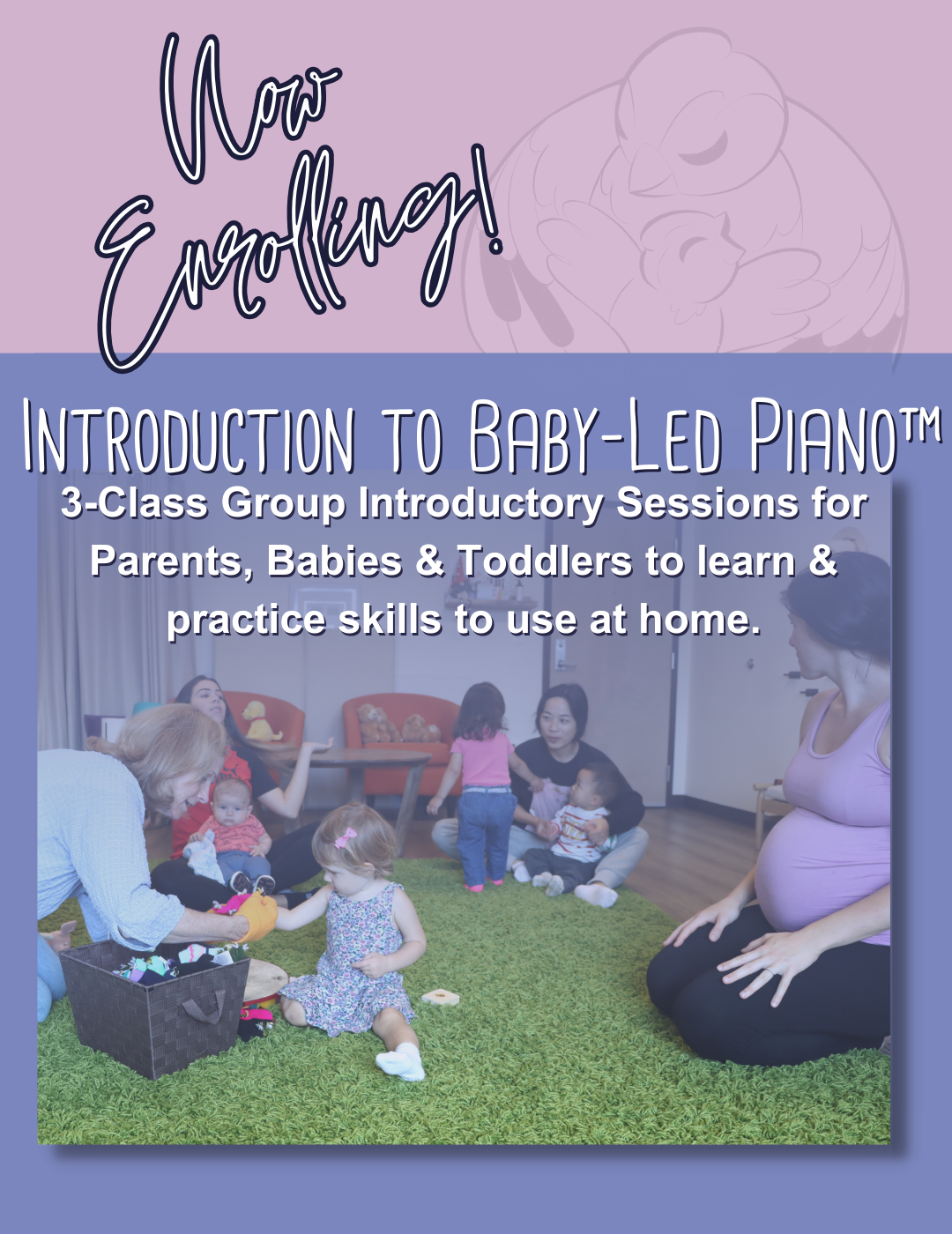
Leave A Comment